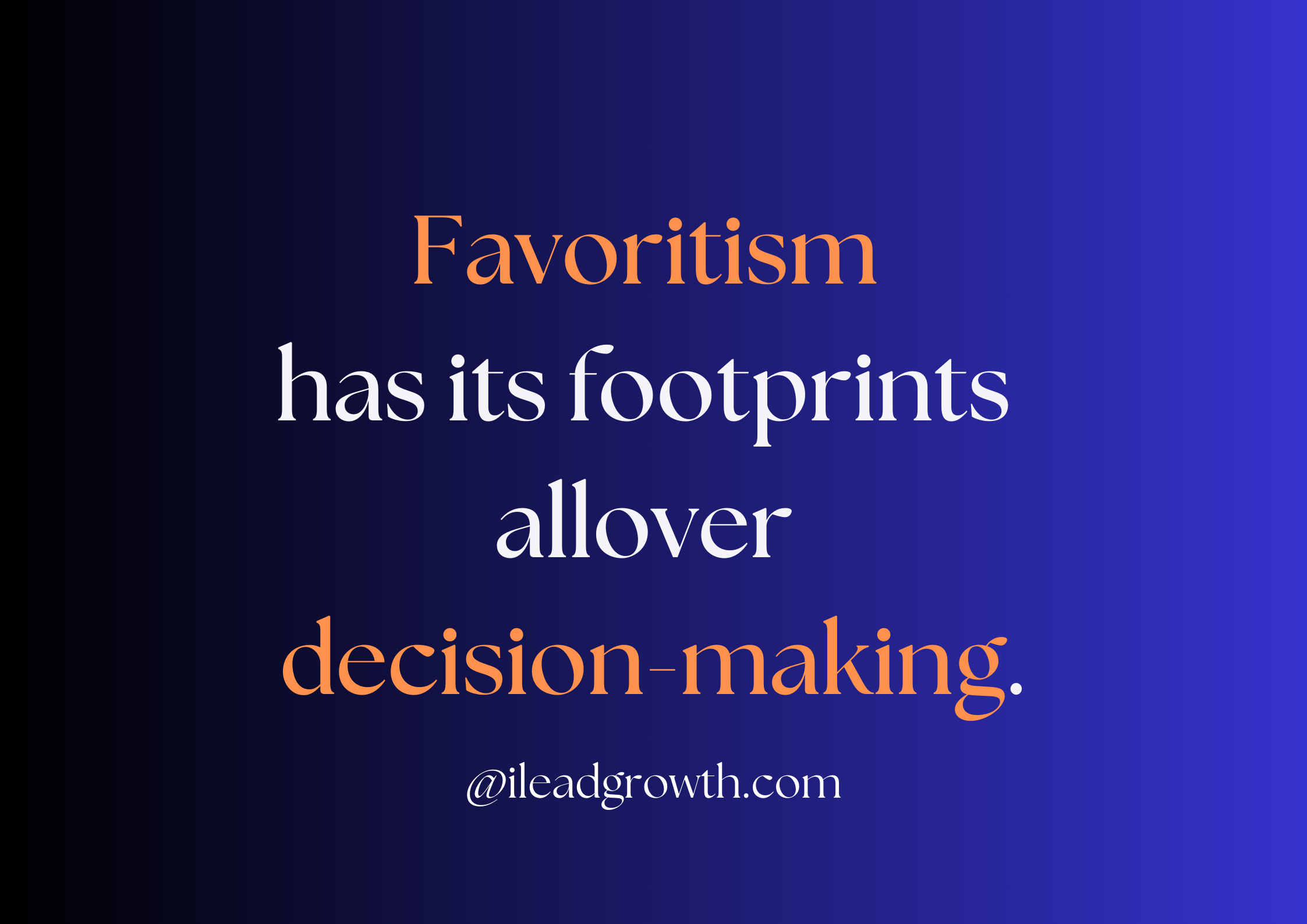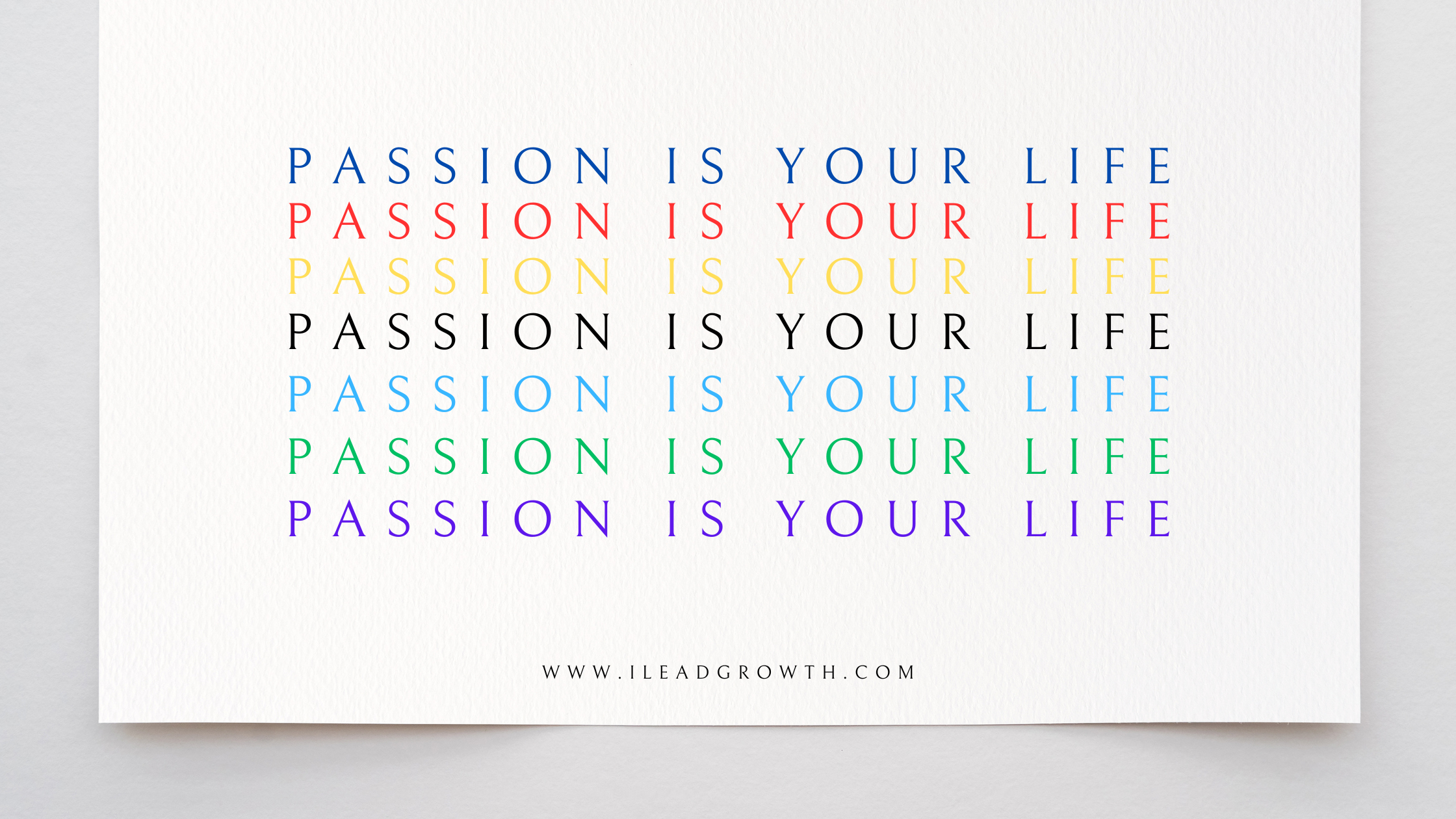There is a level of favoritism to every one of our decisions.
Think about it. By choosing, we reject. At the moment of choosing, we prefer one over the other for whatever reasons we hold vital.
Our reasons, for the moment, would seem weighty enough, deserving of acceptance by all, and maybe even virtuous.
“The art of decision making includes the art of questioning.”
Pearl Zhu
But is this true?
Substitution implies the putting of one thing in place of another. The original preferred no longer is. Instead, an alternative is used. This is done so often that it has become reflexive. We no longer consciously choose to substitute one thing for another; it just effortlessly happens.
Often, decision-making culminates in a substitution process. We ideally have multiple options to consider whenever we are required to make a decision.
Various factors affect our ability to choose from a number of options, but they are all distilled down to what author Stephen R. Covey calls our ‘Centers’ or ‘Core Paradigm’ in his book The 7 Habits of Highly Effective People.
Our capacity to make the right decision is dependent on our thought foundations. We decide or choose depending on what grounds us, what centers us, what we value most, and what we believe in the most. This is what he calls our center. So, what is right for me is right for you if we hail from a similar source of centeredness. If we are differently centered our views will not match – so it goes without saying that conflict in deciding will be inevitable.
This helps explain why it is vital to have employees who buy into the company’s vision and have the same beliefs and foundational principles as the vision bearer. Such employees are priceless.
Multiple alternatives to these centers exist depending on the individual in focus. These include spouse centeredness, family centeredness, money centeredness, work centeredness, possession centeredness, friend/enemy centeredness, pleasure centeredness, church centeredness, or self-centeredness.
We are biased beings at best and so our decisions will always be influenced by one of these valued areas unless we substitute our own past experiences, cognitive biases, an escalation of commitment and sunk outcomes, individual differences, including age and socioeconomic status, and a belief in personal relevance and instead use timeless proven principles of success.
“Truly successful decision-making relies on a balance between deliberate and instinctive thinking.”
Malcolm Gladwell
These things all impact the decision-making process and the decisions made.
Familiarity, pleasure, and promise have their sway in it but the core result remains unfettered: we lean towards one. Or should I say ‘we lean away from one’?
We should realize that at the moment of decision-making, as much as we’d like to think we are levelheaded and objective, a thorough examination of our raw intents would reveal a certain subtle bias.
Coming to this realization requires complete, objective introspection and a humongous dose of healthy self-awareness.
Otherwise, we’ll continue living in a mirage of ‘conscious decision-making circles’ without actually making any impartial choices.
So then, is it a bad thing? Not so quite right. When your inclination is in value addition to others, growth, development, and success, then the reward is esteemed by all who understand it, and the consequences are estimable.
Eventually, we’ll have to favor intentional growth or it’s enemy – gradual decline.
At the deciding juncture, foresight on the consequences of our choice provides valuable insight into which wall your ladder should lean.
“Every decision you make reflects your evaluation of who you are.” Marianne Williamson


